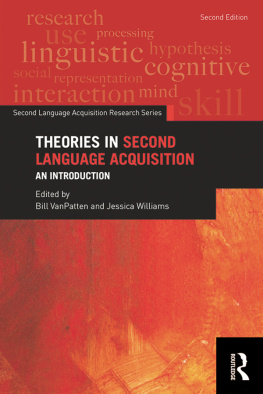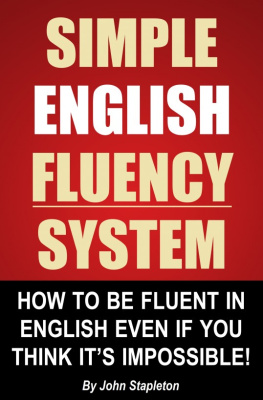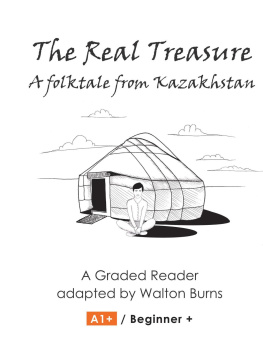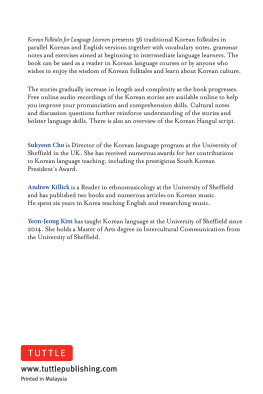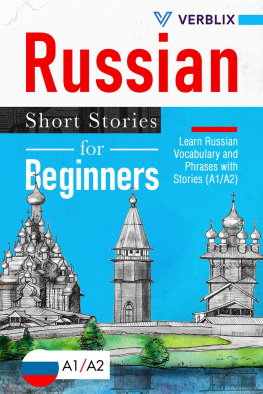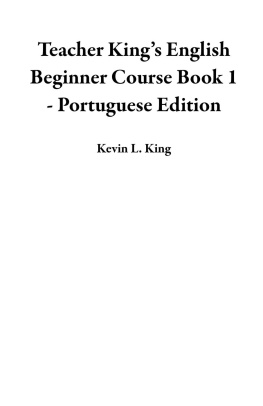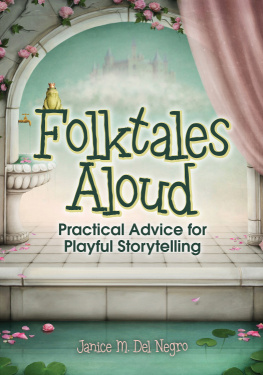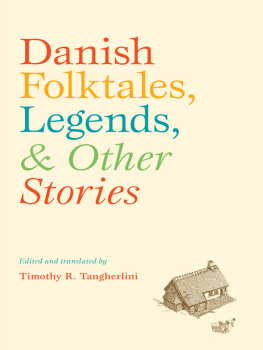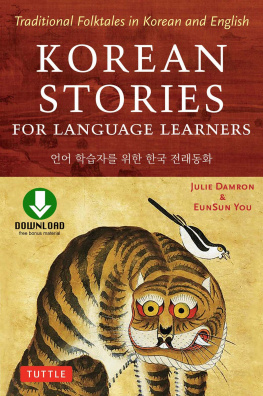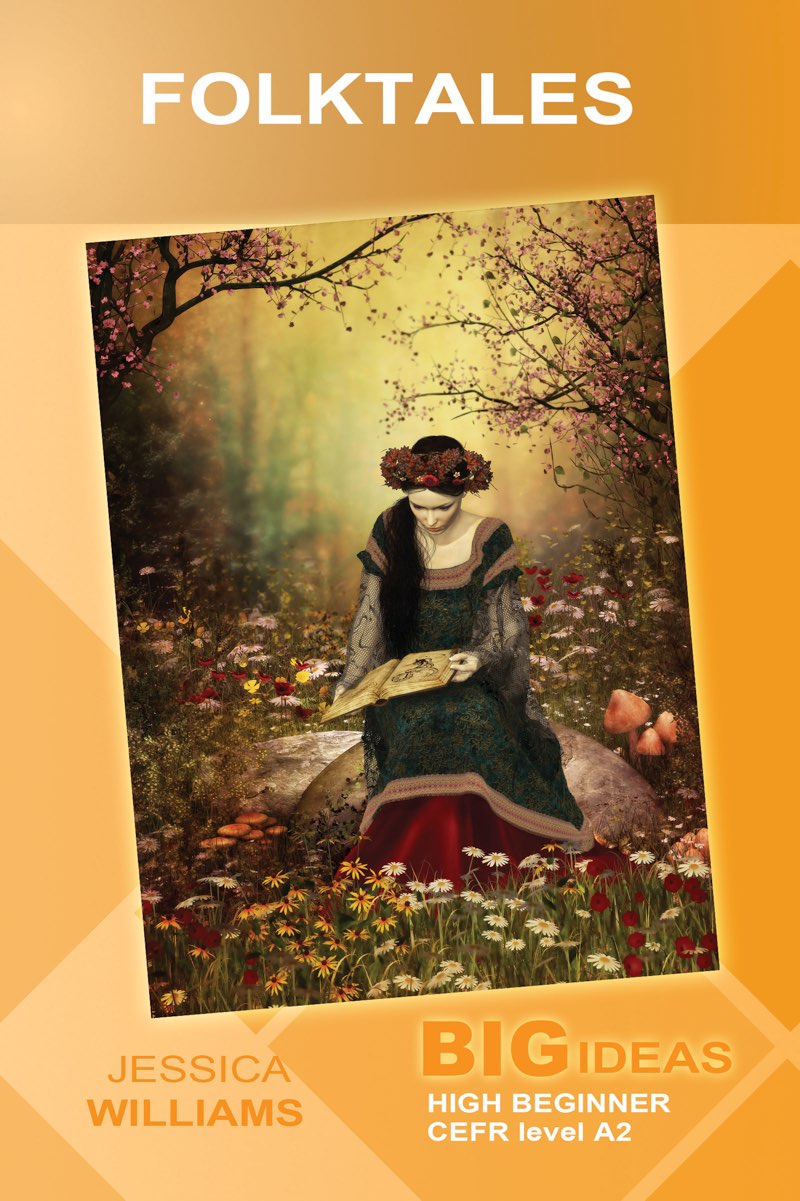All rights reserved.
No part of this book may be reproduced in any form or by any electronic or mechanical means, including information storage and retrieval systems, without written permission from the author, except for the use of brief quotations in a book review.
Introduction
When you read a story, you have a conversation. The writer shares information, experiences, and ideasbut you, the reader, have your own ideas. When you read a story, you learn how a character fixes a problem. Maybe the character is like you or a friend. You compare your experience and knowledge with the story. Did you have the same problem? Did you make the same mistake? What did the character do differently? Stories also help you learn about different points of view. Not everyone thinks the same. A story can show you how and why someone thinks differently from you.
When you read something interesting, you often want to talk about it. You want to share a similar experience, or maybe you want to argue. Maybe your friend understands the story in a different way. When you listen to your friend, you have a third set of ideas and experiences to compare to your own world view.
Big Ideas is designed to start interesting conversations between readers and writers, and also between readers and other readers. In this book, youll read stories from around the world. Every culture has its own folktales. They often explain how things began. How did the world begin? How did our community begin? They can also explain customs. Why do we eat these foods? Why do we celebrate these holidays? Finally, folktales often include lessons on how to live a good and honest life. They also tell what happens to people who are not kind and good.
Building language skills
While you read these folktales, you will build your language skills. Big Ideas is made to help you learn more words and enjoy reading. More than 90 percent of the words in this book are among the most common 2000 words in the English language. These are called high-frequency words. High frequency words appear over and over again in speaking and writing.
You might think it will be easy to learn high frequency words, and it is true that many words are easy. Content words such as tree, house, eat, drink, and blue put a picture in your mind. They represent things you can see and name. They often have one meaning, and you can translate them easily.
However, many high frequency words change meanings in different sentences. Stay is an example. When we say, I stayed home yesterday, then stay has a different meaning from Lets try to stay awake all night or Stay away from the cookies. Im saving them for the party. You can see that stay does not just have one meaning. It adapts to the words around it.
Fortunately, there is a good method to learn the different meanings of words: read a lot. When you read, you see words in different combinations, and you learn their meanings. This can happen naturally, but it will happen faster if you pay attention to words in groups. When you notice and highlight or copy word combinations (called collocations), you can learn the different meanings.
You can also learn the grammar that goes with a vocabulary word. For example, you might see educate as a verb in educate children, education as a noun in a college education, and educational as an adjective in an educational experience. You will also notice that some verbs are usually followed by a preposition, such as talk about or talk to, while others are followed by a noun, as in hear a bird. These grammatical details are hard to hear in spoken English, but they are easy to see in a written text. Check the Supplementary Materials section for a link to tools for developing language awareness in this way.
To help you have a positive reading experience, we use easy-to-read sentences. We use common words, and we use grammar from low and intermediate levels. Our goal is to share folktales from around the world that are enjoyable to read.
The stories in this unit come from the native peoples of North and South America. Some stories explain the world. Others tell people how to behave and what happens to people who behave well or behave badly.
The Winter Duck
Long ago, animals lived in a beautiful place that was warm in summer. But it was very cold in winter. It was too cold for the people, so every winter, they moved their homes to a warmer place. The people returned to the beautiful place in the spring.
But one year, Shingebiss the duck said, This is not fair. I dont want to move. I am not frightened of Old Man Winter. I will stay here all winter long.
But you must come with us, everyone said. It will be too cold. You will die when Old Man Winter comes. There will be nothing for you to eat. But Shingebiss did not want to go with them. She decided to stay.
Shingebiss built a home from leaves and sticks. The walls were strong and heavy, so the wind and cold could not get in. She saved a lot of wood and food for the winter. Inside she made a warm fire.
Soon Old Man Winter arrived. He brought a cold wind, snow, and ice. Then Old Man Winter saw the smoke from Shingebisss fire.
What is this? asked Old Man Winter. No one can live in this cold and wind. And he blew a cold wind across the land. All the plants died, and the trees lost their leaves.
But Shingebiss did not notice. She had a lot of food in her warm house, so she was happy. Old Man Winter came back, and he saw the smoke from Shingebisss house again.
What is this? he asked. He was angry. I am stronger than a little duck! He made a cold wind go across the water, and the water turned to ice.
But Shingebiss was not afraid. She went outside and made a hole in the ice. She went under the ice into the cold water. She found a big fat fish. She took the fish from the cold water to her house. Then she cooked it for dinner.
Now Old Man Winter was really angry. He decided to go inside Shingebisss house. He did not wait for Shingebiss to ask him in. He brought a cold wind and ice. Her house became colder, but she put more wood on the fire. Soon her house was warm again. Old Man Winter was surprised. He moved closer to Shingebiss to make her colder, but she just put more wood on the fire. The fire went higher and higher, and hotter and hotter. Old Man Winter looked at the floor. It was wet. He looked at his clothes. They were wet. Suddenly, he was frightened.
What is happening? he asked. Am I crying? I never cry.
No, smiled Shingebiss. You are not crying. The fire is changing your ice into water. Soon all of your ice will be gone!
Old Man Winter ran out Shingebisss house and back to his cold house of ice. I will never go back there, said Old Man Winter to himself. Shingebisss fire is too hot!


